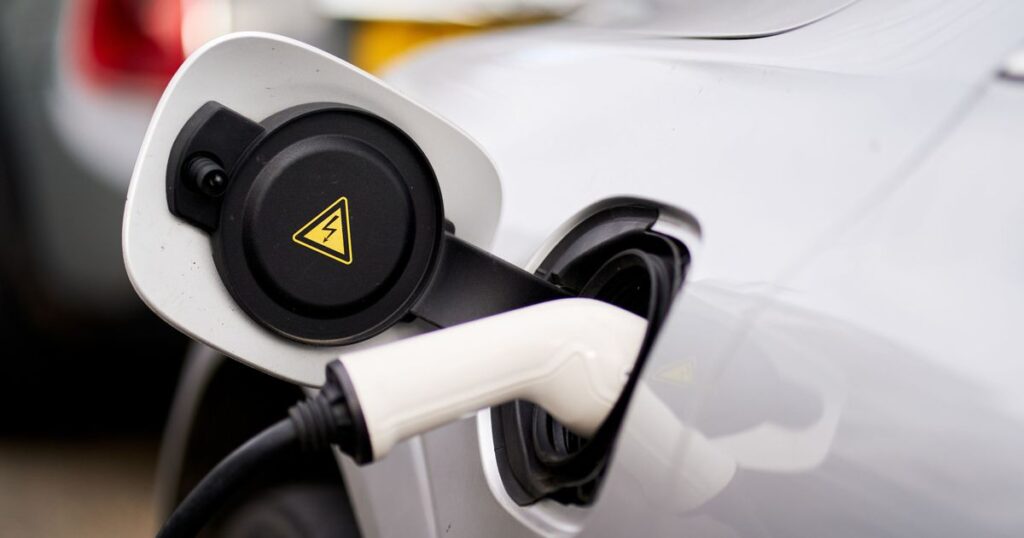Electric vehicle registrations in the UK saw a rise in August, driven by discounts and new models.
Despite a typically slow month, electric vehicles captured more market share amidst a decline in petrol and diesel registrations.
Rising Sales of Electric Vehicles
In August, the UK market witnessed a notable surge in electric vehicle registrations, spurred by aggressive discounting strategies from manufacturers and the introduction of new models. The Society of Motor Manufacturers and Traders reported a 10.8 per cent increase in battery electric vehicle registrations, reaching a significant 22.6 per cent market share, the highest since December 2022.
Challenges in the Broader Market
Despite the growth in electric vehicle sales, overall car registrations declined by 1.3 per cent. Traditional petrol and diesel vehicles experienced a slump, with decreases of 10.1 and 7.3 per cent respectively. August is traditionally a slow month for vehicle sales in the UK, as consumers often wait for new number plate releases in September.
The Society of Motor Manufacturers and Traders chief executive, Mike Hawes, noted that while the growth in electric vehicles is promising, August’s numbers can be skewed due to pre-registration activities in anticipation of September’s sales boost.
Influence of Manufacturer Strategies
Car manufacturers are leveraging heavy discounts and promotional strategies to entice consumers towards electric vehicles.
Recent market trends show a strategic shift by manufacturers, like Volvo, moving towards electrification, even as some are reconsidering broader electrification targets due to evolving consumer demand and infrastructure challenges.
Mike Hawes commented, ‘Encouraging a mass market shift to EVs remains a challenge, and urgent action must be taken to help buyers overcome affordability issues and concerns about chargepoint provision.’
Fleet Sales vs Private Consumer Sales
Fleet sales have been a primary driver of growth in the electric vehicle sector, propelled by incentives such as benefit-in-kind and salary sacrifice schemes.
Richard Peberdy, head of automotive at KPMG UK, highlighted that these incentives have significantly influenced market dynamics. He stated, ‘New car sales are up on this time last year, with fleets continuing to be the driver of growth in the market.’
There is an ongoing debate about accurately measuring private consumption in the automotive industry, with some experts arguing that the impact of salary sacrifice and personal leases is underrepresented in statistics.
Future Market Considerations and Strategies
Looking ahead, the continuation of favourable market incentives will likely play a crucial role in sustaining electric vehicle growth in the UK market. This includes aligning governmental policies with market demands to ensure a robust infrastructure for electric vehicles.
Volvo and other major manufacturers are cautiously navigating their way through the electric transition, balancing market pressures with sustainability goals.
The Importance of Policy Incentives
The governmental reinstatement of the 2030 deadline to end new petrol and diesel vehicle sales is anticipated to drive further momentum in the electric vehicle market.
Peberdy emphasized the necessity for enhancing private consumer incentives to match those available for fleet sales, aiming to boost consumer uptake further.
The alignment of policy incentives can substantially influence the pace of transitioning towards an electrified future.
Conclusion
The UK electric vehicle sector is experiencing growth driven by strategic discounts and an expanding range of models.
As challenges persist in the broader car market, continuous support from governmental incentives and strategic manufacturer initiatives will be pivotal for sustained growth.
The electric vehicle market in the UK is expanding, yet overall market conditions pose challenges.
Continued efforts in incentives and strategic shifts are crucial for sustaining growth.

